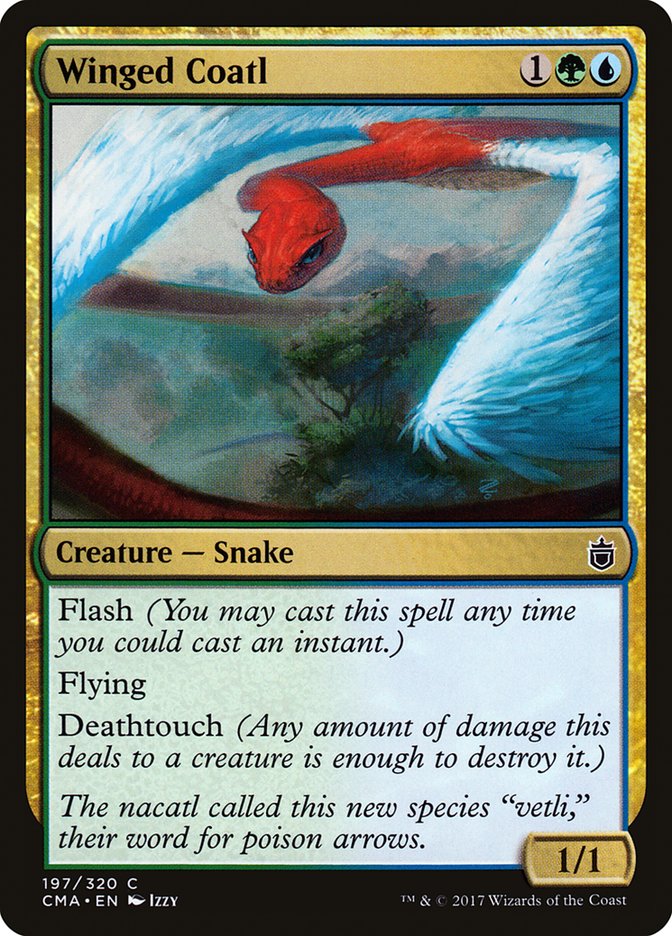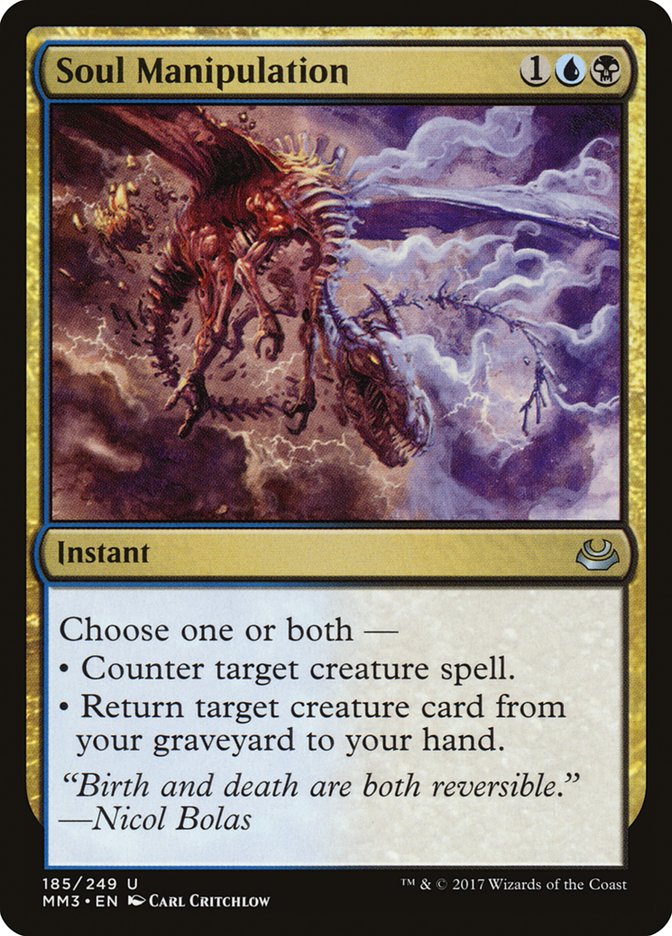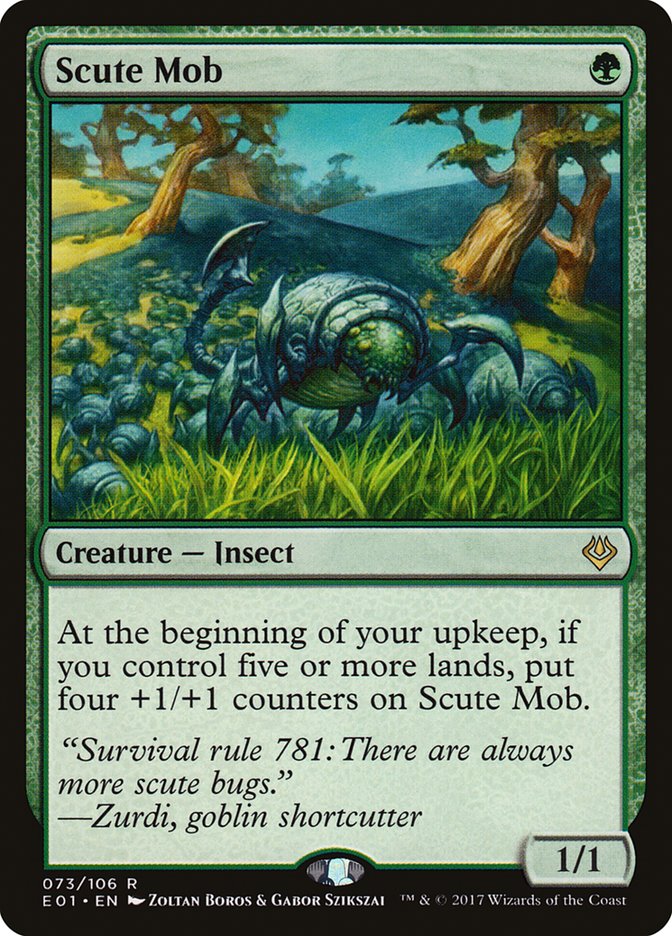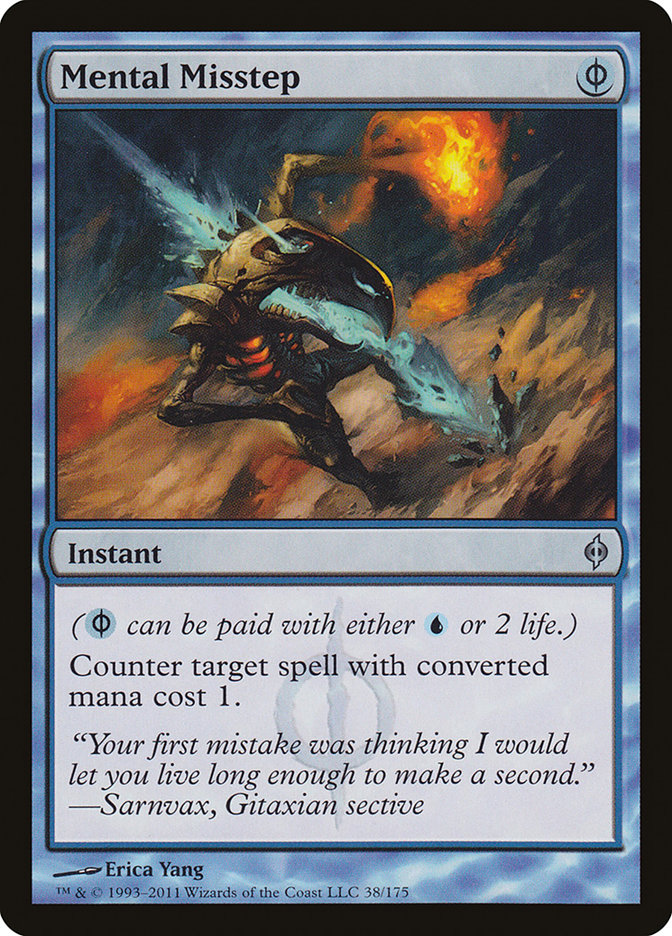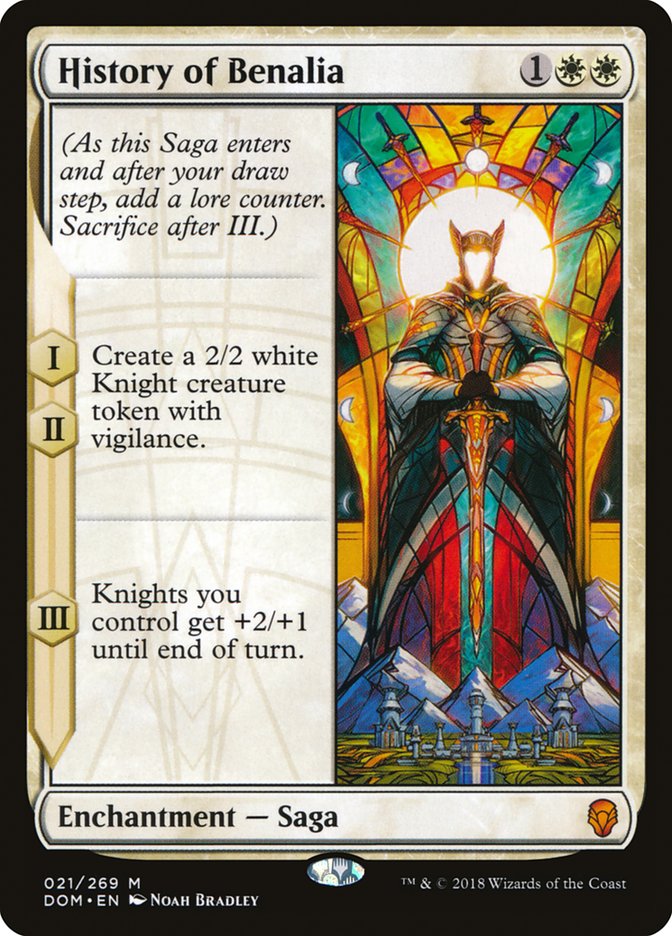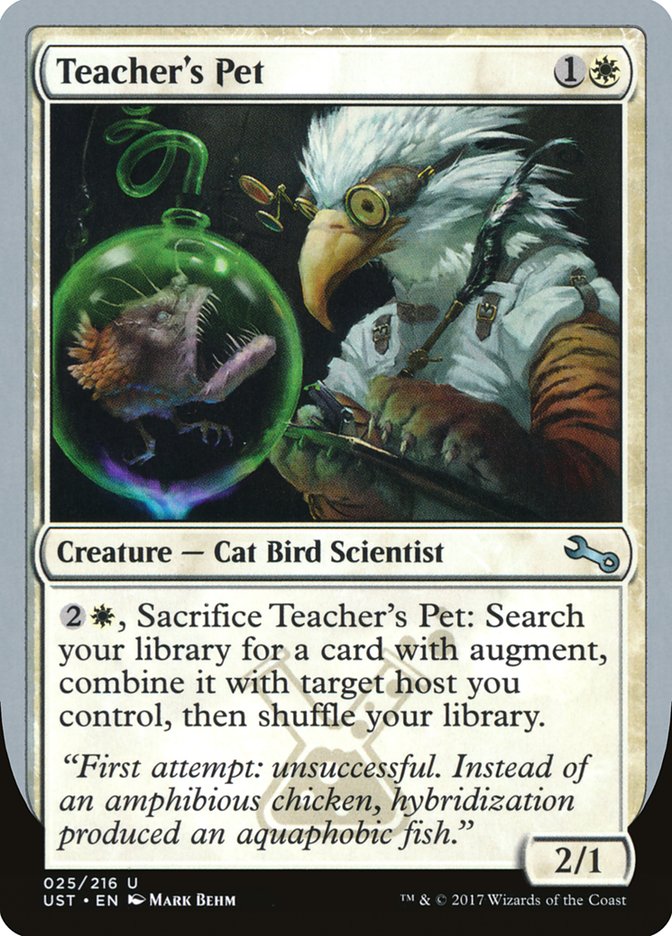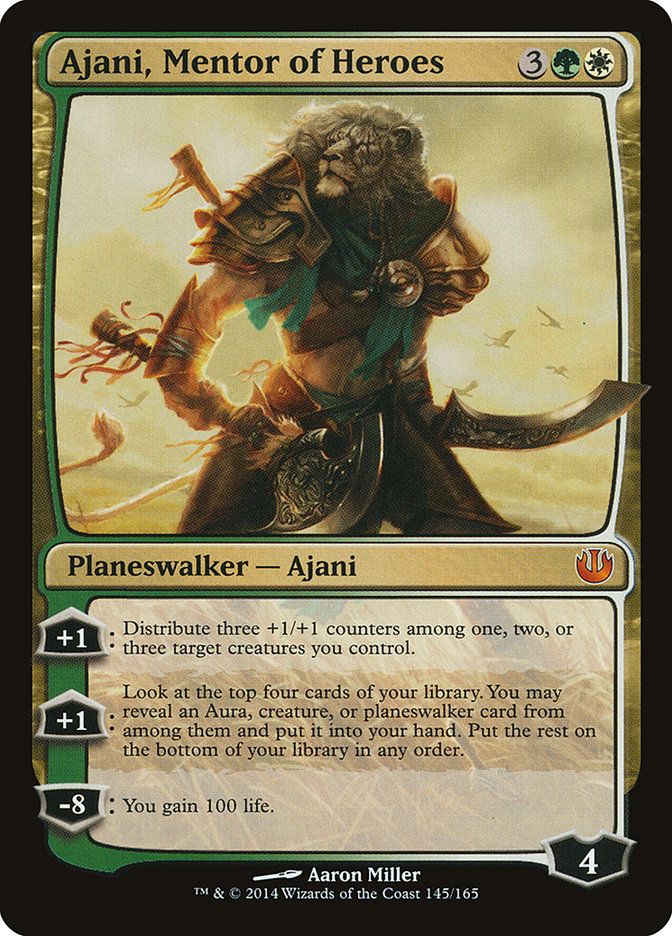“Pairings for Round 4 have been posted!”
It’s Friday night, late 2009. Four dozen people converge on the blue concrete wall with the plain sheet of paper that dictates where each of them will be spending the next hour. The luckiest players have friends near the center, calling out their pairings over the noise.
“You’re playing Smacky!”
“Yeah, Randy at Table 6! What? What? I can’t hear you! Just go!”
Most of you aren’t so lucky, but after the louder teenagers are shooed out of the way, some semblance of order instates itself: people filing in to see their pairings, others letting them out to make room for themselves.
After a grueling third round, you’re near the back of the crowd. Despite your Sultai brew being reasonable at grinding out the new Bloodbraid Elf / Blightning deck of the season, Winged Coatl and Soul Manipulation don’t lend themselves to fast wins. This puts you in with all the smokers.
They carry on and jeer as they read their pairings, laughing about “that bullcrap Runeflare Trap and Howling Mine thing” they lost to. You stand quietly and politely wait your turn to read the pairings, when one of them catches a glance of you and says “Hey, you’re at Table 8 against DW.”
Nice.
“Are you sure? I’m 1-1-1. He’s usually at the upper tables.”
“You can check it yourself.”
As you wait your turn to see the writing on the wall for yourself, it’s impossible not to feel your nerves getting the better of you. DW’s on a traveling Magic team facetiously called “The Bone Saw Bandits” and tends to clean up the tournament each week. You’re… not. You’re just a high schooler trying to win some packs with a deck built from syphoning lunch money.
Sure enough. You’re playing against DW.
Two games and 35 minutes later, things are close. With DW sitting at eight life with nothing but with just a hair over a Sprouting Thrinax’s worth of Saprolings on his side to the table, things are looking okay for you: only four life, but a growing Scute Mob and an Agony Warp in reserve. After what feels like an eternity, DW sends three of his four tokens into the red zone. Wanting to take as little damage as possible, you Agony Warp, effectively Fogging one token and killing another before blocking the third.
Drawing for the turn, you decide that blocking the token is the same thing as the token blocking your 13/13 Scute Mob, but is better against kill spells, so you attack. DW throws his token under the bus. You double-check the card you drew for turn and pass back the turn back.
He draws and slams the card: Blightning. You sheepishly discard the Drowned Catacomb in your hand and take the last point of damage from his creature.
You sign the slip and fight to create small talk to mask your disappointment. “Man, so close. You drew a Blightning when I only drew a land. It sucks that the game ended that way.”
“You had me dead.”
“What? No I didn’t.”
“You could have used Agony Warp to kill my untapped token and lethal me.”
Dumbfounded and embarrassed, you sit in silence for several minutes after DW has walked away to turn in the slip. How many mistakes have you been making? How often do you focus so hard on preventing a loss that you forget to try to win along the way?
***
This thinly-veiled anecdote was a recounting of first time I ever interacted with Danny West.
In the time since this interaction, we’ve become close: hanging out in one other’s streams, forming and quickly disbanding a Lady Gaga cover band (yes, seriously), working together, and meeting for lunch when our lives take us to the same cities.
It didn’t happen overnight. Before Danny became my friend, he was one of my heroes.
Influence
As people, we’re rarely afforded the luxury of what it is we’re interested in. From hobbies to music genres to career choices, we have what we like and that’s that. Where a bit of decision does come into play, however, is who we put on the pedestals in our heads.
If I were to say “While I was in high school, I idolized a slew of musicians,” it might give you an outline of what I was passionate about as a teenager. It doesn’t paint a picture with much color. There’s a world of difference between looking up to Bach’s compositional catalogue and romanticizing the habits of Nikki Sixx. Without delving too far into the oddly specific example here, it’s fairly intuitive to understand how each portion of the comparison can affect one’s perspective on my values as a teenager.
I didn’t come out of the womb with these sets of values; they were molded that way. That’s not to absolve myself of anything I’ve done because of those values, but to say that we are the product of those we look up to.
Examining who it is we’re looking to for guidance is one of the best methods in choosing how we grow, emotionally and otherwise.
Mirror, Mirror
Part of figuring out who to look up to is figuring out what’s important to you. Don’t get locked into who you are today. That’s not important. Where do you want to be? Don’t get settle for being the little child. Figure out how to be the warrior.
Creatures (41)
- 1 Tolsimir Wolfblood
- 1 Lovisa Coldeyes
- 1 Radha, Heir to Keld
- 1 Boldwyr Intimidator
- 1 Bramblewood Paragon
- 1 Brighthearth Banneret
- 1 Wild Nacatl
- 1 Kresh the Bloodbraided
- 1 Madrush Cyclops
- 1 Adaptive Automaton
- 1 Zealous Conscripts
- 1 Champion of Lambholt
- 1 Ruric Thar, the Unbowed
- 1 Ogre Battledriver
- 1 Goblin Rabblemaster
- 1 Chief of the Scale
- 1 Chief of the Edge
- 1 Bloodsoaked Champion
- 1 Jazal Goldmane
- 1 Yasova Dragonclaw
- 1 Brutal Hordechief
- 1 Warden of the First Tree
- 1 Mardu Strike Leader
- 1 Alesha, Who Smiles at Death
- 1 Mardu Woe-Reaper
- 1 Zurgo Bellstriker
- 1 Den Protector
- 1 Arashin Foremost
- 1 Blood-Chin Rager
- 1 Ezuri, Claw of Progress
- 1 Duskwatch Recruiter
- 1 Metallic Mimic
- 1 Combat Celebrant
- 1 Samut, Voice of Dissent
- 1 Honored Crop-Captain
- 1 Mirri, Weatherlight Duelist
- 1 Garna, the Bloodflame
- 1 Grand Warlord Radha
- 1 Shanna, Sisay's Legacy
- 1 Rushblade Commander
- 1 Najeela, the Blade-Blossom
Lands (34)
- 1 Forest
- 1 Wooded Foothills
- 1 Plains
- 1 Reflecting Pool
- 1 Swamp
- 1 Mountain
- 1 Island
- 1 Windswept Heath
- 1 Polluted Delta
- 1 Flooded Strand
- 1 Bloodstained Mire
- 1 Overgrown Tomb
- 1 Sacred Foundry
- 1 Temple Garden
- 1 Watery Grave
- 1 Godless Shrine
- 1 Steam Vents
- 1 Stomping Ground
- 1 Blood Crypt
- 1 Breeding Pool
- 1 Hallowed Fountain
- 1 Urborg, Tomb of Yawgmoth
- 1 Exotic Orchard
- 1 Arid Mesa
- 1 Marsh Flats
- 1 Misty Rainforest
- 1 Scalding Tarn
- 1 Verdant Catacombs
- 1 Evolving Wilds
- 1 Command Tower
- 1 Cavern of Souls
- 1 Opal Palace
- 1 Cascading Cataracts
- 1 Path of Ancestry
Spells (24)
- 1 Coat of Arms
- 1 Swords to Plowshares
- 1 Fellwar Stone
- 1 Lightning Greaves
- 1 Farseek
- 1 Coalition Relic
- 1 Door of Destinies
- 1 Shared Animosity
- 1 Cultivate
- 1 Sword of Feast and Famine
- 1 Druids' Repository
- 1 Chromatic Lantern
- 1 Cyclonic Rift
- 1 Vandalblast
- 1 Raiders' Spoils
- 1 Secure the Wastes
- 1 Cryptolith Rite
- 1 Heroic Intervention
- 1 Vanquisher's Banner
- 1 Kindred Discovery
- 1 Kindred Charge
- 1 Kindred Dominance
- 1 Radiant Destiny
- 1 Song of Freyalise

Like my not being born with the values I mentioned previously, nobody learns how to be a warrior in utero. We learn to fight our battles and which skills to sharpen. Sure, genetics may play a bit of a role in some of the inborn traits we’re gifted, but in reality, the way we spend our time is little more than a real life Dungeons and Dragons character sheet; the skills we sharpen translating to skill points into dexterity, strength, or charisma accordingly.
Some instances of this are a little bit easier to figure out. I don’t think I need to type out different examples to the effect of “If you like casting and game design, have you perhaps considered investing a bit of interest into Patrick Sullivan?” Literal skills are easy to figure out. We live in an age of information. There are hundreds of people doing everything.
I’m not telling you that you shouldn’t want to grow up to be an astronaut or princess. I’m telling you that while you’re figuring out how to reach the stars or find your Prince Charming, consider the source from which you’re learning. People aren’t textbooks of facts, figures, and charts. They’re works of non-fiction, rooted in story.
What you find important is going to influence which specific people you look up to. By the same token, this means that the specific individuals you look to for guidance are going to be an honest reflection of the things you find important, and the things you can relate with in life.
To revisit my anecdotes from earlier in the article, the high school iteration of myself wasn’t a happy person. I chased experiences of all varieties to run from problems and ended up looking to those who were able to do the same things, but successfully. As I became more and more exposed to the world and people out there, things shifted.
Jacob Van Lunen was my first favorite Magic writer. Magic was something he used to escape issues in his personal life. Todd Anderson was the first “somebody” that I felt like I connected with from Roanoke. Magic was something he used to escape issues in his personal life.
For anyone who’s been kind enough to follow my work for the last couple of years, it isn’t much of a secret that Magic is something I use to escape issues in my personal life. It’s such a consistent happenstance that I tried to quit Magic earlier this year to turn it off. A couple of months later, life got complicated, and it was back to grinding.
Growth
Instead of settling for something that I know is a problem with myself, I want to make it better.
“Before Danny became my friend, he was one of my heroes.”
As a sentence, this says nothing untrue, yet doesn’t tell the entire story. Since becoming friends, my respect and admiration has done nothing but grow. Not everything about the man is perfect, but he does a damn fine job of living the lessons he teaches:
Not using Magic as a coping mechanism, but something to make life better. Not treating Magic as a source of validation, but evidence of good fortune. Not placing so much value on the final product, but the preparation it took to make it. Each of these examples is a time I’ve read the textbook, yet haven’t internalized the narrative.
When we are examining those we look up to and why we look up to them, perspective can make all the difference. Understanding how and why it is they think the way that they do can lead us to the conclusions we need to reach in order to progress.
My personally being stuck in this stage makes it hard to offer concrete advice. What I can say is that I know the direction I’m aiming and know who I’m learning from. Ideally, that’s enough. In all likelihood, if it were that easy, it would’ve already happened.
I recognize that in spite of my the fact that I have two of the articles I’ve linked to in this article saved on a thumb drive on my keychain, I still have a hard time seeing the difference between “problems” and “real problems.” Ideally, I’ll soon reach the point when I understand the most important things in life are good health, a loving wife, and couple of four-legged friends.


